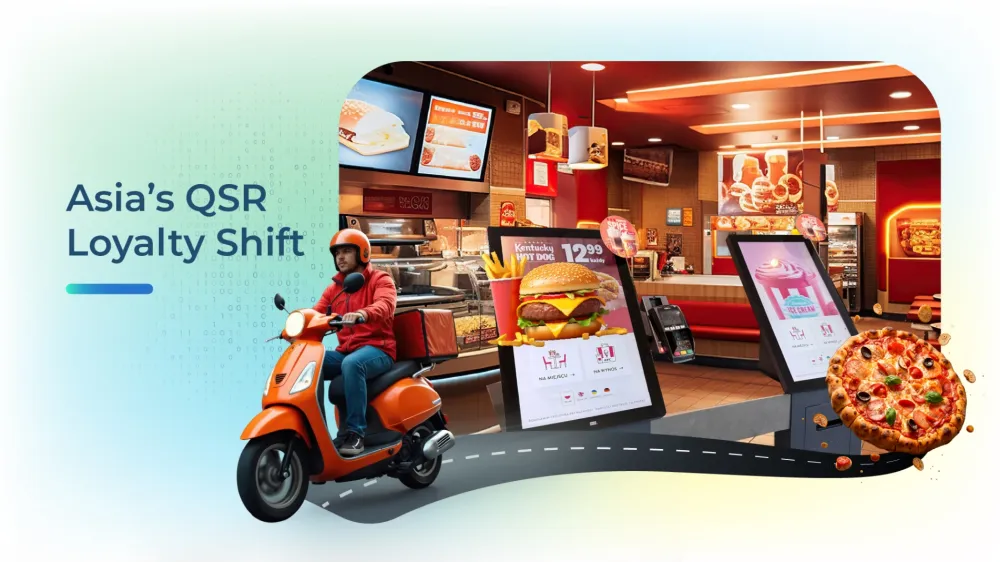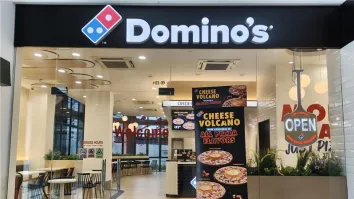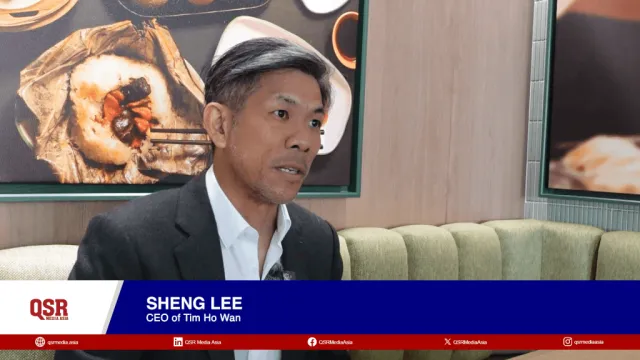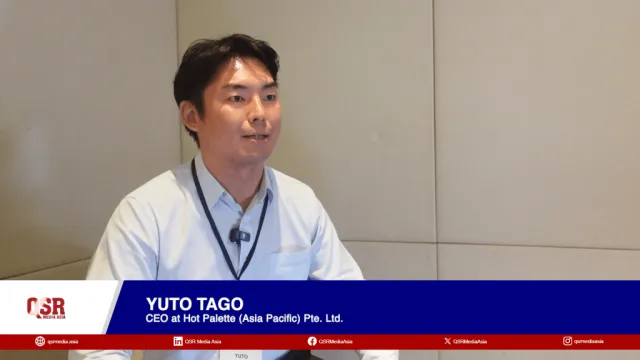
Sustainable Nutrition in Food Service: A New Era of Innovation and Impact
As Southeast Asia’s food service industry experiences rapid growth, it has reached the crossroads of three forces: climate change, rising operational costs, and shifting consumer expectations. The intersection of these challenges is driving a critical transformation—one where sustainable nutrition is essential not only for health but for business resilience and future growth.
With urbanisation, income growth, and a youthful population, food service across Southeast Asia—from street stalls and cafés to multinational chains—is booming. But this growth also comes at a cost. According to the Intergovernmental Panel on Climate Change (IPCC), food systems are responsible for approximately 33% of total greenhouse gas emissions, largely due to agricultural production, food processing, and distribution. Food service is a significant contributor through energy-intensive operations, packaging waste, and high volumes of food loss.
Add to this, climate change, where frequent extreme weather is threatening crop yields and supply chain stability. Southeast Asia imports a substantial proportion of key food ingredients, leaving it vulnerable to price fluctuations aggravated by global shortages, climate-related disruption and now, tariffs.
Take cocoa, for example: climate-induced crop failures in West Africa have caused global cocoa prices to spike by over 70% in the past year1, impacting both local chocolatiers and foodservice operators. Similarly, the volatility in rice production—one of Southeast Asia’s staples—is now a key concern for governments and restaurant chains alike.
At the same time, consumer behaviour is shifting. A growing segment of Southeast Asian consumers wants healthier options and are increasingly aware of where their food comes from. Studies show that over 60% of consumers in Asia-Pacific are willing to pay more for food that is healthier and sustainably produced2. Regulatory shifts are reinforcing this trend—Singapore’s Nutri-Grade labelling scheme, for instance, is expanding to include sodium-heavy sauces and seasonings by 20273, pushing brands to reformulate without compromising on flavour.
A New Era of Responsibility for Foodservice
In this evolving landscape, food service operators face a pressing challenge: how to balance flavour, cost, and climate impact while staying relevant to an increasingly conscious consumer base.
Sustainability in food service is no longer limited to reusable straws or energy-efficient appliances. It now extends deep into menu design, ingredient sourcing, food waste management, and nutritional innovation.
Leading operators across Southeast Asia are beginning to adopt climate-smart sourcing strategies, with focus on local ingredients where possible and seeking transparency and traceability from their suppliers. Others are embedding circular economy principles by reducing kitchen waste or extending shelf life through preservation techniques.
“Food service chains are one of the most dynamic and fast-moving sectors in the food industry, uniquely positioned to influence consumer behaviour at scale,” says Simon Hague, General Manager of Food Service Chains, Kerry Southeast Asia. “The ability to drive cultural and dietary change through menu offerings enables the sector to highlight the impact of sustainable nutrition and shape healthier, more sustainable food choices.”
Nutrition and Waste: High-Impact Areas for Change
Two of the highest-impact areas for sustainable transformation in foodservice are nutritional reformulation and food waste reduction.
Reformulating to reduce sugar and salt, while preserving taste, can help brands meet regulatory thresholds and consumer expectations without compromising the dining experience. Southeast Asian consumers enjoy bold, intense flavours, but technologies now exist that allow operators to maintain those flavour profiles even as they cut down on unhealthy ingredients.
In parallel, tackling food waste, especially in high-loss categories like baked goods and proteins, offers both environmental and economic benefits. According to the UNEP Food Waste Index, foodservice operations generate 25% of total global food waste, much of it avoidable through smarter forecasting, preservation, and production techniques.
Putting Science-Backed Innovation First
This is where science and innovation come into play. Companies like Kerry are working behind the scenes with food service operators to embed sustainability into everyday operations, through practical, evidence-based solutions that deliver impact.
Kerry’s Tastesense™ technology, for instance, enables operators to reduce salt and sugar without compromising flavour, which is especially critical as regulations like Singapore’s Nutri-Grade framework become more widespread across the region.
To address waste, Kerry’s Food Protection and Preservation (FPP) solutions help extend the shelf life of perishable items—particularly in baked goods and meat, two of the highest categories of food waste by volume and value, respectively. These solutions help operators reduce spoilage, maintain food quality, and protect both margins and the environment.
And as ingredient volatility becomes the norm, Kerry is also investing in resilient sourcing strategies—for example, through sustainable cocoa solutions that support responsible sourcing while maintaining product appeal.
“Transparency, provenance, and sustainability have become front-of-mind for today’s consumer,” adds Daniel Campion, Sustainability Lead at Kerry Asia Pacific, Middle East & Africa. “They want to know where their food comes from and how it impacts the planet. Our goal is to help our food service partners build resilient menus and lead positive change.”
Co-Creation: A Path to Resilient Menus
What is clear is that no single factor can shift the industry alone. The transition toward sustainable foodservice in Southeast Asia requires deep collaboration between governments, ingredient suppliers, manufacturers, and operators—a co-creation approach that allows businesses to respond nimbly to regional needs, regulatory shifts, and consumer values.
“Sustainable nutrition is becoming the foundation of how food service brands future-proof their business, earn consumer trust, and contribute to a healthier planet,” says Hague. “The future of food service in Southeast Asia is not what is on the plate. It is about how it got there, how it performs nutritionally, and what impact it leaves behind. With science-backed innovation, a collaborative spirit, and a commitment to sustainability, operators can turn today’s challenges into long-term opportunity—delivering food that nourishes both people and the planet.”
























